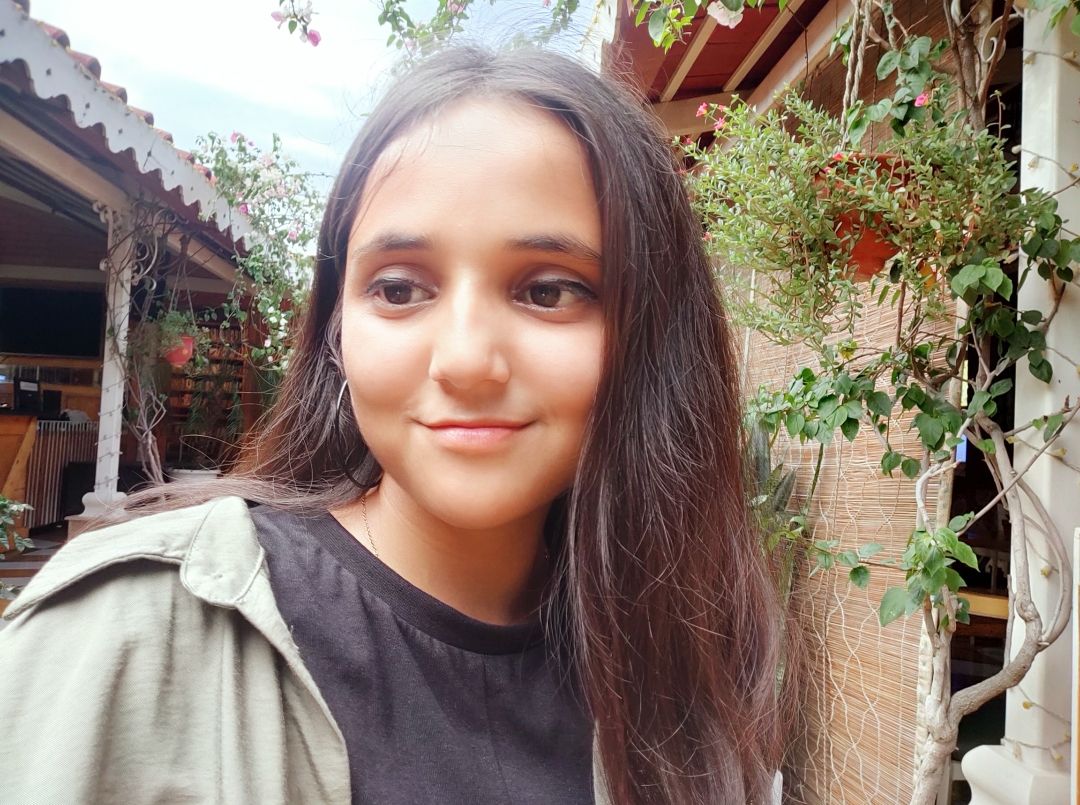Were you waiting for a golden opportunity to resolve any earlier land acquisition dispute or be it a pending traffic challan or matrimonial disputes of any kind to resolve (except divorce), it may be your only chance.
National Lok Adalat, i.e. on 8th March which will be organized by the Delhi State Legal Services Authority in partnership with the Delhi Traffic Police, will focus on a few serious disputes which means you can settle issues like Traffic Challans, land acquisition, or any trivial pending issues.
What issues are subject to resolution in a National Lok Adalat?
Under the Motor Vehicles Act of 1988, minor and compoundable offenses related to motor vehicles can be resolved in Lok Adalats.
Certain motor vehicle offenses may be compounded (resolved) and pardoned in Lok Adalats, according to Niharika Gupta, Senior Associate, The Young Jurist. Infractions like driving without a valid license (Section 181), operating an unregistered vehicle (Section 192), driving without a valid insurance (Section 196), speeding excessively (Section 183), overloading (Section 194A), and disregarding seatbelt (Section 194B), helmet (Section 194D), and related requirements are usually included in this category.
In addition to this, Lok Adalats also takes up the resolution of cases under Section 166 of the Motor Vehicles Act, which involves compensation disputes between victims (or their families) and insurance companies.
If parties agree, the dispute can be settled amicably, ensuring quicker relief without long legal proceedings in tedious litigations and long-drawn court proceedings.
Which Cases Are Excluded?
It has to be noted that few serious offenses Lok Adalats stay out of the picture. For example, if your case involves drunk driving or rash and negligent driving which having lead to grave injury or death is strictly prohibited because these cases often involve repeat offenders and complex issues that need a formal trial.
Serious crimes against women, such as rape, sexual harassment, voyeurism, and stalking, are also not eligible. Moreover, offenses related to marriage issues like dowry deaths, crimes against children such as buying or selling children for prostitution, and grave crimes like murder or terrorism are also excluded.
Overall, any case that is very serious and non-compoundable, including those under acts like the Prevention of Corruption Act, NDPS Act, POCSO Act, and UAPA will not be considered in Lok Adalats.
Adnan Siddiqui, a partner at King Stubb & Kasiva, explains that these exclusions ensure that only less severe disputes get a quicker resolution through Lok Adalats, while more serious matters are meant to be dealt with in regular courts.
What Cases Are Handled by Lok Adalats?
According to the DLSA website Lok Adalats can handle "any case pending before any court, or any dispute which has not been brought before any court and is likely to be filed before the court,”
In addition to cases involving motor vehicles, Lok Adalats also handles the following cases:
Bank recovery disputes (e.g., defaults on loans or credit cards)
Disputes in marriage (other from divorce cases)
Incidents involving check bounces under the Negotiable Instruments Act Section 138
Service-related issues for government workers
Consumer complaints (as defined under the 2019 Consumer Protection Act)
Section 89 of the Civil Procedure Code (CPC) and conflicts about property
The Industrial Disputes Act of 1947 relates to industrial disputes
Lok Adalat can only decide such cases upon the request of one of the parties or with the agreement of both parties. According to Siddiqi, Lok Adalats cannot hear instances in which one side refuses to agree to a settlement.
Lok Adalats in 2025: Key Dates
As we already know Lok Adalats are of three types: State Lok Adalats are the first which are arranged according to the local requirements.
Next are the quarterly National Lok Adalats, which take place in every court.
Finally, districts have established Permanent Lok Adalats to settle disputes about public sector utilities.
The dates for the 2025 National Lok Adalats are March 8, May 10, September 13, and December 13.
Is the Verdict of Lok Adalat final binding?
One of the biggest advantages of Lok Adalats is that their decisions are final and binding. As explained by Gupta, “The legal sanctity of settlements in Lok Adalats, as per the Legal Services Authorities Act, 1987, ensures that awards passed are final and binding, holding the status of a civil court decree, thereby preventing further litigation and ensuring legal certainty.”
Siddiqi concurs “The key advantage of Lok Adalats is that their awards are final and binding, with no provision for appeal, ensuring speedy resolution and reducing court backlog," he adds.
Overall, while one can look up to them for providing a fast and efficient way to settle many disputes, one should also make sure that the very serious offenses such as drunk driving, severe crimes against vulnerable groups, and others are non-compoundable cases. This clear separation ensures that more complex and grave matters receive the full scrutiny of formal courts.
Also Read:

